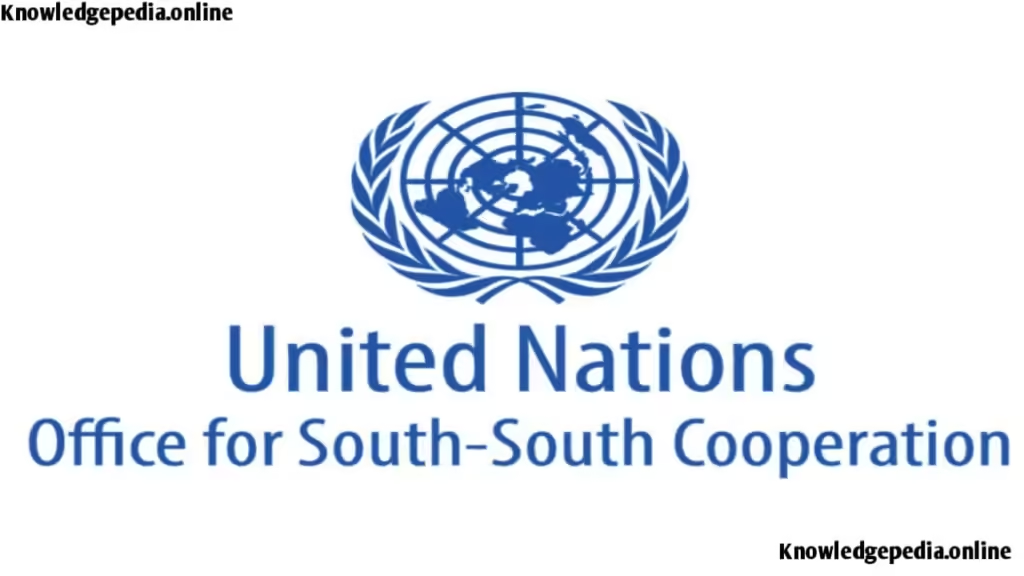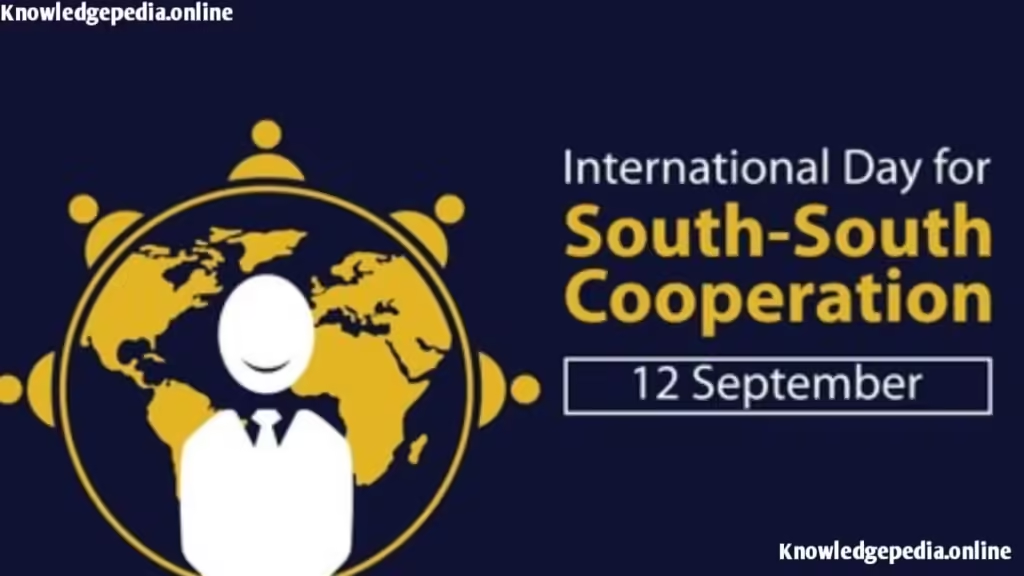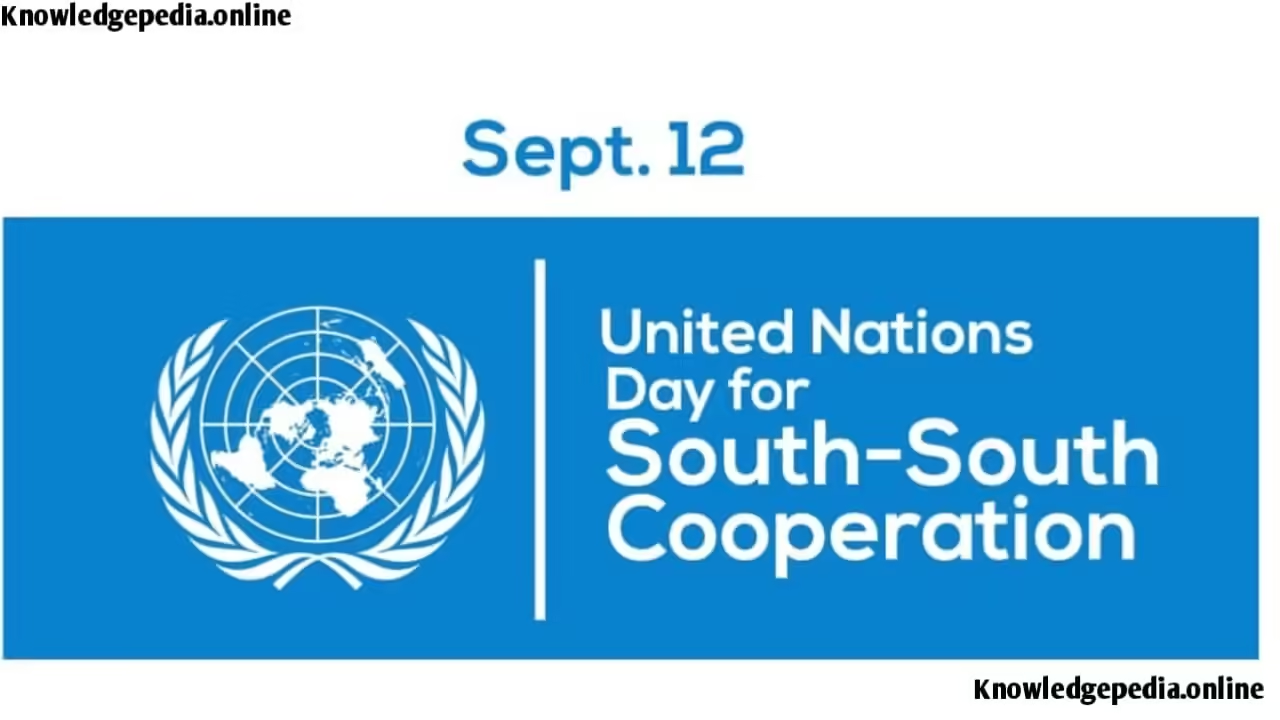Table of Contents
International Day for South-South Cooperation 2024, observed annually on December 19, celebrates and highlights the collaborative efforts among countries of the Global South. These nations, often characterized by their shared experiences of colonialism, economic disparity, and developmental challenges, work together to promote mutual development and economic growth.
South-South cooperation emerged as a concept in the 1950s and 1960s when newly independent nations sought to create a more equitable global order.
The International Day for South-South Cooperation was established by the United Nations General Assembly in 2011 to recognize and promote the efforts of developing countries in supporting one another.

Challenges Faced by South-South Cooperation
Political and economic instability in some countries can disrupt South-South cooperation efforts. Instability can hinder the implementation of projects, delay progress, and create uncertainties that affect collaboration.
Coordinating efforts among diverse countries with varying priorities and capacities can be challenging. Effective communication and coordination are crucial for the success of South-South initiatives, but these can be complicated by differences in languages, systems, and approaches.
Ensuring that South-South cooperation benefits all participating countries equitably is another challenge. There is a risk that some nations may dominate the collaborative efforts, leading to imbalances in the distribution of benefits and resources.
The Role of the United Nations and Other Organizations
The United Nations plays a central role in supporting and facilitating South-South cooperation. Various UN agencies, such as the United Nations Development Programme (UNDP) and the United Nations Office for South-South Cooperation (UNOSSC), work to promote and strengthen these collaborative efforts.
The UNOSSC, established in 1978, is dedicated to supporting South-South and triangular cooperation. It provides a platform for sharing knowledge, facilitating partnerships, and mobilizing resources for development initiatives. The UNDP also supports South-South cooperation through its various programs and projects aimed at enhancing development outcomes in participating countries.
In addition to the UN, regional organizations and partnerships, such as the African Union (AU), the Association of Southeast Asian Nations (ASEAN), and the Group of 77 (G77), play a crucial role in advancing South-South cooperation. These organizations facilitate dialogue, coordination, and collaboration among member states, contributing to regional and global development goals.

The Future of South-South Cooperation
Building stronger and more resilient partnerships will be crucial for the future of South-South cooperation. This includes enhancing coordination mechanisms, improving communication, and fostering trust among participating countries. Strengthening regional and global networks can amplify the impact of collaborative efforts.
South-South cooperation will need to adapt to address emerging global challenges, such as climate change, pandemics, and geopolitical shifts. Collaborative efforts must be flexible and responsive to changing circumstances to effectively tackle these complex issues.
Ensuring that South-South cooperation is inclusive and equitable is vital for its success. Efforts should be made to address disparities among participating countries and ensure that benefits are shared fairly. Promoting inclusivity can strengthen the collaborative spirit and enhance the overall impact of initiatives.
Key Achievements of South-South Cooperation
South-South cooperation has led to significant economic advancements among participating countries. Nations in the Global South have leveraged their shared experiences to enhance trade relationships, share technology, and improve infrastructure. For instance, the establishment of regional trade agreements, such as the African Continental Free Trade Area (AfCFTA), has facilitated increased intra-regional trade and economic integration.
South-South cooperation has also played a vital role in humanitarian assistance and disaster relief efforts. Countries have supported each other during natural disasters and emergencies, providing aid, expertise, and resources.
Notable examples include the swift responses of neighboring countries to crises such as earthquakes, floods, and cyclones. The collaborative efforts in these situations demonstrate the solidarity and resilience of the Global South in addressing urgent humanitarian needs.

South-South cooperation has led to significant economic advancements among participating countries. Nations in the Global South have leveraged their shared experiences to enhance trade relationships, share technology, and improve infrastructure. For instance, the establishment of regional trade agreements, such as the African Continental Free Trade Area (AfCFTA), has facilitated increased intra-regional trade and economic integration.
The International Day for South-South Cooperation 2024 serves as a valuable opportunity to celebrate the achievements and contributions of developing countries working together to advance mutual development. South-South cooperation has demonstrated its potential to drive economic growth, share knowledge, build capacities, and provide humanitarian assistance.
- why Taliban say I love Hindustan - September 19, 2024
- International Day of Peace 2024 - September 18, 2024
- International Equal Pay Day 2024 - September 17, 2024
